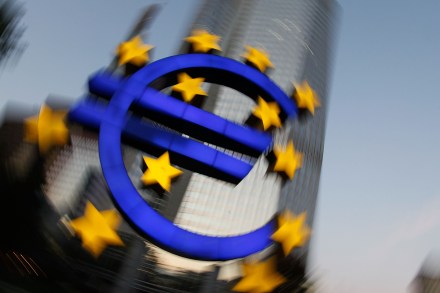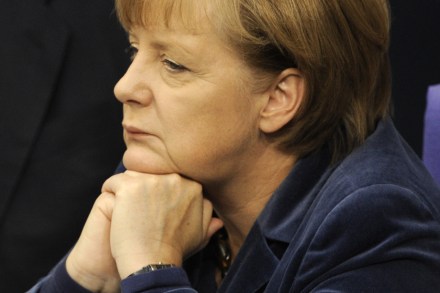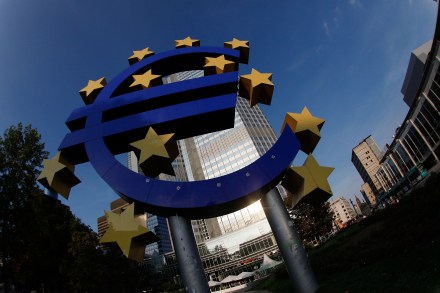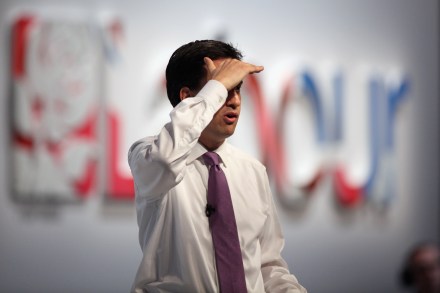Berlusconi: latest victim of Europe’s reverse Arab Spring
Berlusconi has finally resigned – and so continues what seems to be the Arab Spring in reverse (a Gnirps Bara). In the Arab world, people rose up against undemocratic juntas and democracy ruled. In Europe, undemocratic juntas are springing up in Frankfurt opera houses and toppling democracy. All Sarkozy had to do was help the rebels who wanted to remove the targeted leader. The cover story of this week’s magazine has a piece by yours truly about the Frankfurt Group of eight people who are calling the shots. Only two members are directly elected: Sarko and Merkel (well, three if you count the Prime Minister of Luxembourg, which we shouldn’t




















